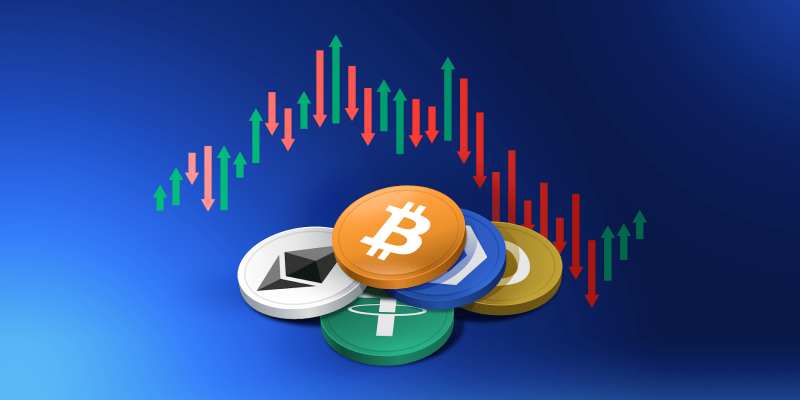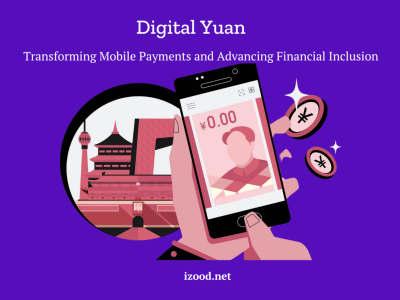
In the fast-paced digital landscape of today, where convenience and security are paramount, cryptocurrencies have emerged as a disruptive force reshaping traditional payment processing systems. Crypto payment processing, once a niche concept, is now gaining traction as more businesses and consumers recognize its potential. This article delves into the evolution of crypto payment processing, its benefits, challenges, and the role it plays in shaping the future of finance.
Understanding Crypto Payment Processing
At its core, crypto payment processing involves the use of digital currencies, such as Bitcoin, Ethereum, or Litecoin, to facilitate transactions. Unlike traditional fiat currencies, cryptocurrencies operate on decentralized networks, utilizing blockchain technology to record and verify transactions securely. This decentralization eliminates the need for intermediaries like banks, resulting in faster and more cost-effective transactions.
The Benefits of Crypto Payment Processing
One of the key benefits of crypto payment processing is its efficiency. Transactions can be completed within minutes, regardless of geographical boundaries, making it ideal for international payments. Moreover, the decentralized nature of cryptocurrencies ensures that transactions are secure and immutable, reducing the risk of fraud and chargebacks.
Another advantage is the lower transaction fees associated with crypto payments. Traditional payment processors often charge hefty fees for processing transactions, especially for cross-border payments. In contrast, crypto payments typically incur lower fees, making them an attractive option for merchants looking to reduce overhead costs.
Furthermore, crypto payment processing offers greater financial inclusion, particularly for the unbanked and underbanked populations. In regions where access to traditional banking services is limited, cryptocurrencies provide an alternative means of conducting financial transactions, empowering individuals to participate in the global economy.
Challenges and Considerations
Despite its potential, crypto payment processing is not without its challenges. One of the main hurdles is regulatory uncertainty. Governments around the world are still grappling with how to regulate cryptocurrencies, leading to a fragmented regulatory landscape. This uncertainty can create compliance challenges for businesses operating in multiple jurisdictions.
Another challenge is the volatility of cryptocurrencies. The value of digital assets can fluctuate significantly within a short period, posing risks for both merchants and consumers. While some cryptocurrencies have gained widespread acceptance, others remain highly speculative, making them less suitable for everyday transactions.
Additionally, there are concerns surrounding security and privacy. While blockchain technology provides robust security features, the anonymity associated with cryptocurrencies can be exploited for illicit activities. Addressing these concerns requires a balance between privacy and regulatory compliance.
The Future of Crypto Payment Processing
Despite these challenges, the future of crypto payment processing looks promising. As the technology matures and regulatory frameworks become clearer, we can expect to see greater adoption of cryptocurrencies for everyday transactions. Already, major companies like PayPal and Square have embraced crypto payments, signaling a shift towards mainstream acceptance.
Moreover, advancements in blockchain technology, such as the development of scalable and energy-efficient consensus mechanisms, will further enhance the scalability and sustainability of crypto payment processing systems. These innovations will drive down transaction costs and increase transaction throughput, making cryptocurrencies even more appealing for businesses and consumers alike.
Conclusion
Crypto payment processing represents a paradigm shift in the way we think about financial transactions. By leveraging blockchain technology, cryptocurrencies offer a secure, efficient, and inclusive alternative to traditional payment methods. While challenges remain, the potential benefits are too significant to ignore. As we continue to navigate this evolving landscape, crypto payment processing is poised to revolutionize the future of finance.
FAQs
1. What is crypto payment processing, and how does it work?
Crypto payment processing involves using cryptocurrencies such as Bitcoin, Ethereum, or others to facilitate transactions for goods or services. It works through a decentralized network of computers called blockchain, where transactions are verified and recorded securely. When a customer chooses to pay with cryptocurrency, the payment processor converts the fiat currency amount into the equivalent amount of cryptocurrency at the current exchange rate, and the transaction is added to the blockchain for validation.
2. Is crypto payment processing secure?
Yes, crypto payment processing offers a high level of security due to the decentralized nature of blockchain technology. Each transaction is encrypted and recorded on a distributed ledger, making it nearly impossible to alter or counterfeit. Additionally, cryptographic techniques ensure the privacy and integrity of transactions. However, it’s essential to choose reputable and secure payment processors and wallets to mitigate the risk of fraud or hacking.
3. What are the benefits of accepting crypto payments for merchants?
Accepting crypto payments can provide several benefits for merchants, including lower transaction fees compared to traditional payment methods, faster settlement times, and access to a global customer base without the need for currency conversion. Cryptocurrency transactions are also irreversible, reducing the risk of chargebacks and fraud. Furthermore, embracing crypto payments can attract tech-savvy customers and differentiate a business from competitors.











